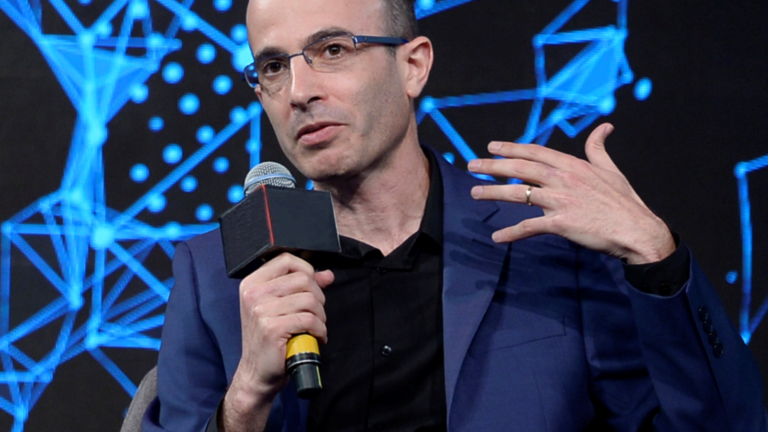


The author also shed light on the fact that how the current social and political systems are incapable of dealing with the challenges posed by AI. He said it was important to put a halt on ‘irresponsible deployment’ of AI tools in the public domain, and regulating it before it regulates us. In his bid to call attention to the need to regulate AI technology, Harari said that the first regulation should be to make it mandatory for AI to disclose that it is an AI. However, over the years, we have reshaped the international order to ensure that nuclear technology is used for the collective good. Highlighting the need for regulations, Harari cited the example of nuclear energy, stating that while it could produce cheap power, it could also destroy human civilization. The author drew parallels between present-day AI and the notions of the world of illusions by 17th-century philosopher Rene Descartes and the idea of Maya from Buddhist and Hindu sages. He said that in the past few years, social media has become a battleground for controlling human attention, and the new generation of AI can convince people to vote for a particular politician or buy a certain product.Īlso Read | GPT-5 is not in the works, Sam Altman opens up about letter seeking a halt on AI projects


Harari also said that intimacy was an effective weapon in the political battle of minds and hearts. He asked if AI can influence people to risk their jobs, what else could it induce them to do? According to the historian, the controversial claim cost Lemoine his job. To demonstrate this, he cited the example of Blake Lemoine, a Google engineer who lost his job after publicly claiming that the AI chatbot LaMDA had become sentient. “Through its mastery of language, AI could even form intimate relationships with people and use the power of intimacy to change our opinions and worldviews,” he wrote. Harari also shed light on how AI could form intimate relationships with people and influence their decisions. QAnon disseminated misinformation via “Q drops” that were seen as sacred by followers. To highlight the extent of how AI-driven misinformation can change the course of events, Harari touched upon the cult QAnon, a political movement affiliated with the far-right in the US.


 0 kommentar(er)
0 kommentar(er)
